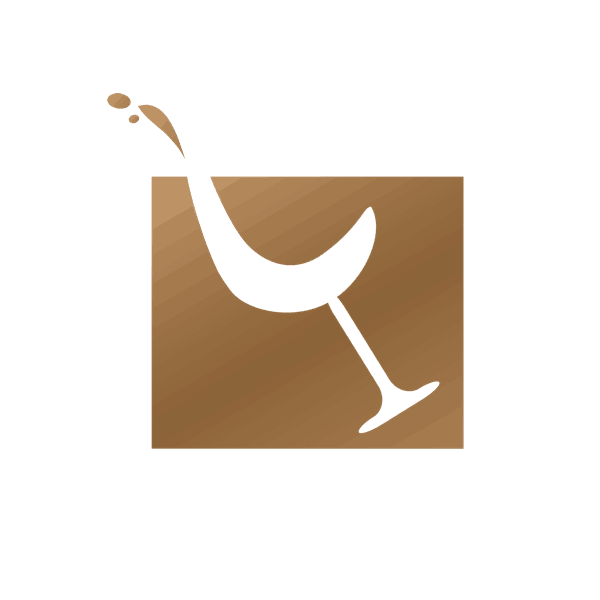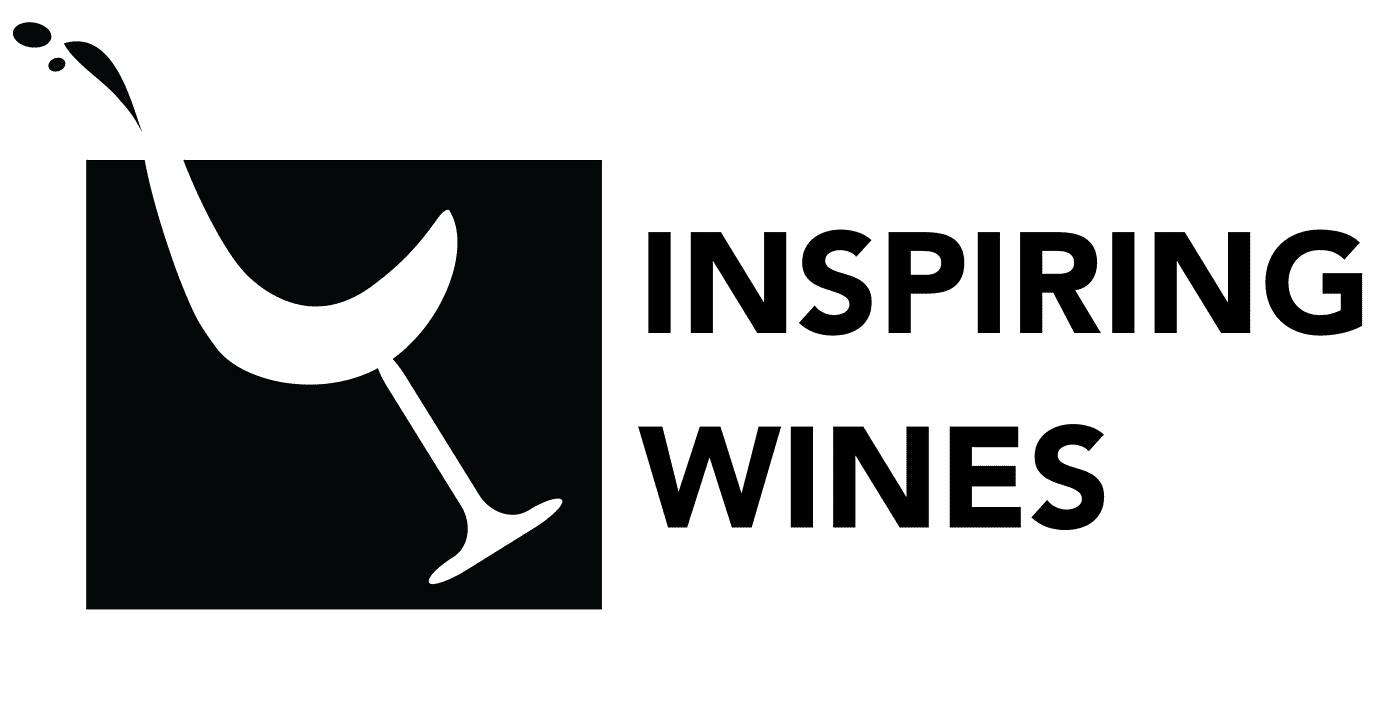The following article was shared with us by our partners and suppliers Garçon Wines. Based in London they are the creators of the ingenious flat wine bottle used for our range of Letterbox Wines. Not only is the ability to post wine as an amazing gift down to them but their invention may just be the future of the wine industry. It certainly offers all of us a bit of hope for the future of our planet.
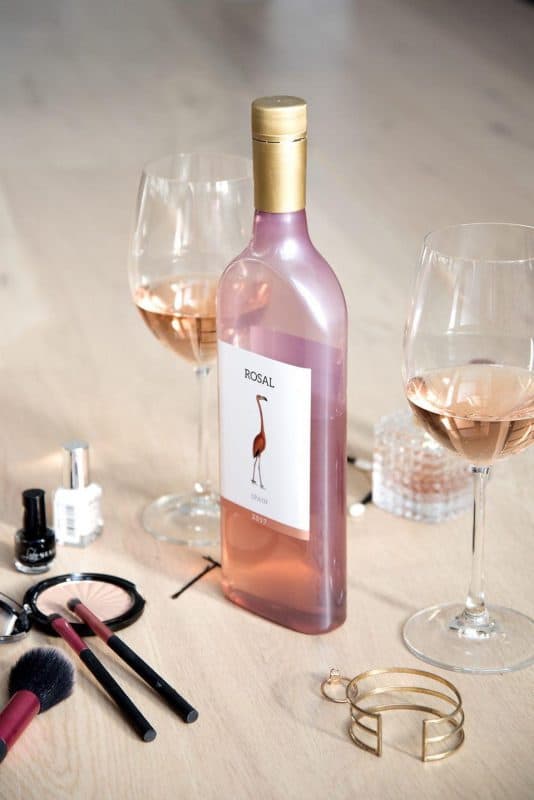
January 2020 signposts not only a new year but a new decade, a decade in which the latest UNEP report warns that failure to cut global greenhouse gas emissions by a mammoth 7.6% each year will thwart our ambition to remain within the vital 1.5°C temperature goal of the Paris Agreement. “The moment of crisis has come”, announced David Attenborough in January.
Responsibility to tackle such deeply worrying trajectories falls collectively on our shoulders more heavily than ever; we owe it to future generations to do all in our power on whatever scale we operate. According to the recently published Lancet report on health and climate, a child born today faces living through a world 4°C warmer than humans have ever experienced. On the other hand, if the world adheres to the Paris Agreement targets, this child could see a world that reaches net-zero emissions by their 31st birthday – this is a call to action we simply cannot ignore.
The wine industry is particularly affected by global warming and recognises the climate crisis as one of the top three threats to the industry. The wildfires that continue to rage in Australia this year have so far burnt an area 3 times larger than the 2019 Amazon and 2018 California fires combined, with many major wine-producing regions badly affected.
Scientific Evidence?
The scientific evidence that points to the role of the climate crisis in this disaster is substantial and is something that is impacting wine producers all over the world. Current estimates warn that many wine-growing regions could become inhospitable to wine production by 2050. Last year, the Champagne region recorded its highest ever temperature of 42.9°C, leading winemakers to purchase land further North and into the South of England in order to mitigate against the risks of rising temperatures. Safeguarding the prosperity of an industry that’s heavily reliant on geographic areas or appellations which are threatened by rising temperatures and extreme weather patterns is fundamental to our mission at Garçon Wines.
What are the media saying?
Wine columnists and writers are increasingly aware of the devastating effects of climate crisis on the wine industry and that traditional 19th century bottles are no longer fit for purpose in a 21st century world. Andrew Jefford has highlighted that “the existing carbon footprint of wine is unsustainable” in Decanter and, as Martin Moran puts it in The Sunday Times, “the big win in reducing the carbon footprint of wine would come from using less glass”. In the Financial Times, Jancis Robinson has featured a call to “face the fact that bottles are an unnecessary luxury for inexpensive wines designed to be drunk young and be more tolerant of alternative packaging”.
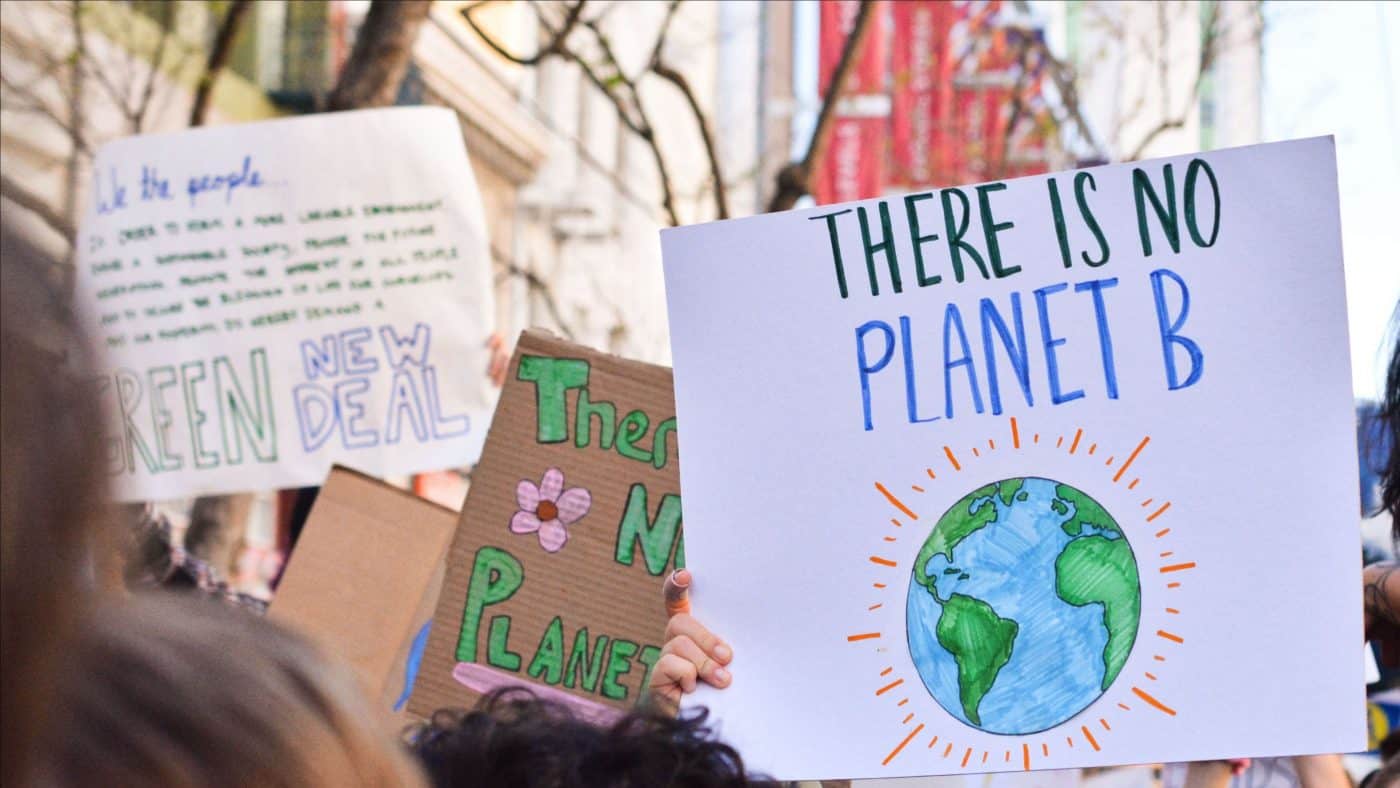
A new dawn?
But there is hope. With significant challenge comes significant opportunity to rethink the way in which we operate, including when it comes to wine packaging. Garçon Wines, flat wine bottle offers a sustainable solution to the grotesque, unnecessary carbon footprint, to the extent that Andrew Jefford has said “no single action would make more difference [to decarbonisation] in the wine world than the swift adoption of [Garçon Wines] bottles like this for every wine designed to be drunk on purchase (most wine, in other words)”. Considering approximately 35 billion bottles of wine are drunk around the world every year, advancing the traditional 750ml wine bottle into a product that’s lightweight and spatially efficient will no doubt drastically reduce the sector’s greenhouse gas emissions and logistics costs.
Click here to learn more about how:
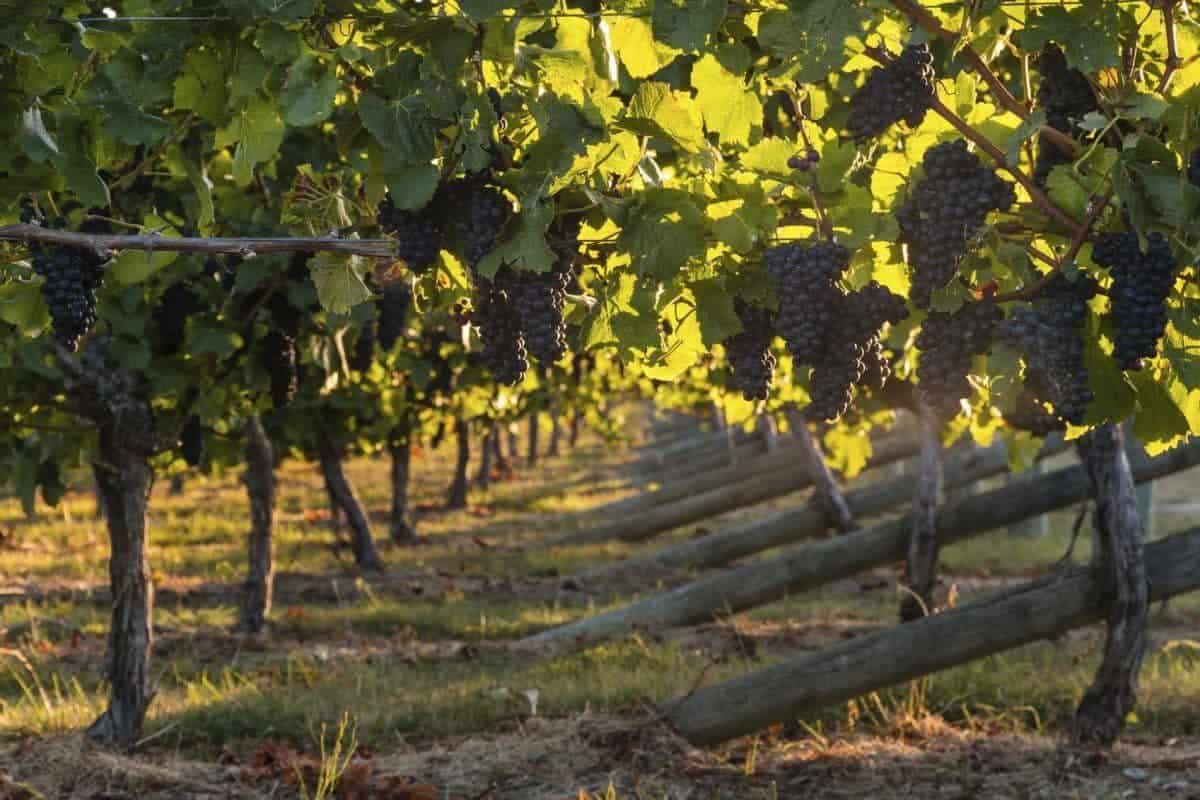
Andrew Jefford kept the bottle we sent him, “for three reasons. One is that it’s flat, so takes much less space in our small fridge… Secondly, it looks great. Thirdly, it gives me hope.” We believe that this hope forms the essential foundations for pivotal action in this coming decade. If you’re also hopeful and looking to implement real change, do get in touch. Together we can work towards triple bottom line sustainability; a healthier planet, a wealthier industry and more optimistic futures for the next generations of wine-drinkers.
If you have enjoyed this article please feel free to share it with your social networks.
